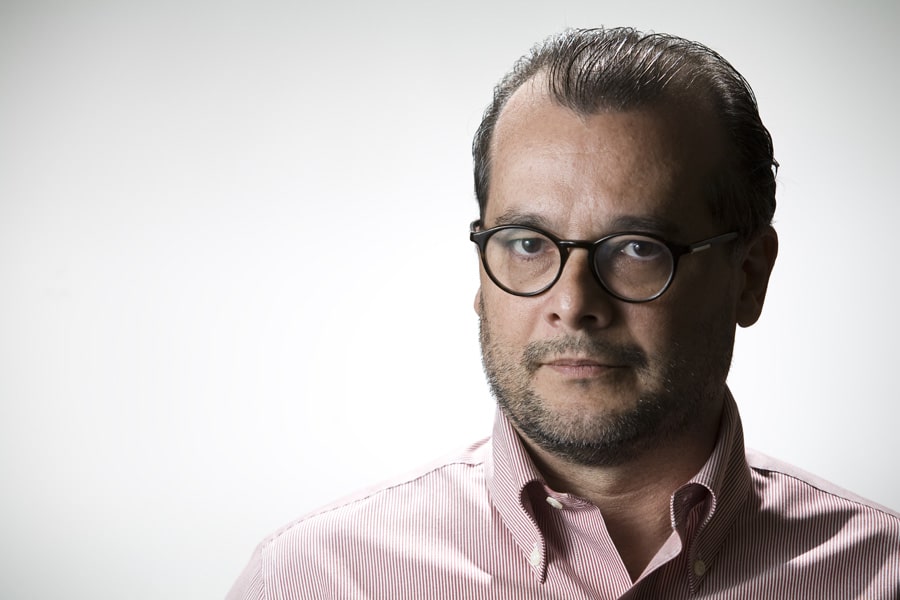Former Governor of the Central Bank of Brazil, Gustavo Franco, called bitcoin “the most spectacular cryptocurrency“.
Franco also praised Libra.
Franco is a Brazilian economist who was governor of Banco Central do Brasil twice, in 1994 and between 1997 and 1999.
In the past, he also studied hyperinflation, given that in recent decades Brazil has had several problems related to high inflation.
Franco is famous in Brazil for being one of those who designed the so-called “real plan“, a set of monetary reforms introduced in 1994 that helped to put an end to hyperinflation.
On July 28th, in an editorial dedicated to Libra and published by the Brazilian press agency Estadão, Franco praised bitcoin several times, going so far as to call it “the most spectacular cryptocurrency”.
In addition, Franco wrote that if bitcoin were a company it would be worth 175 billion dollars and suggested to McDonald’s and Starbucks to follow the example of Facebook and launch their own cryptocurrencies.
Indeed, Franco said he was also enthusiastic about Libra, calling its whitepaper “exciting news” and stating that he expects new similar forms of payment to emerge in the future.
He also mentioned three projects that could be considered precursors of Libra: Alibaba’s Alipay service, WeChat Pay, and the M-Pesa money transfer network of the Kenyan mobile phone operator Safaricom, 40% owned by Vodafone, who is perhaps not by chance also part of the 28 members of the Libra Association.
In the specific case of the M-Pesa network, he pointed out that, although originally conceived as a microcredit platform, users actually use it primarily to transfer money.
As for Alipay and WeChat Pay, Franco wrote that they made the transfer of money as simple as sending a photograph.
Yet, for Franco, projects like Libra have something more, namely the blockchain, which allows taking a step forward compared to existing digital payment networks thanks to much lower transfer costs.
Brazil, therefore, remains fertile ground for bitcoin, arguably precisely because of the inflation problems of the local currency: in fact, although hyperinflation was defeated in 1994 thanks to the real plan, since then it has never fallen below 3%, with a new small peak of over 10% in 2015.




